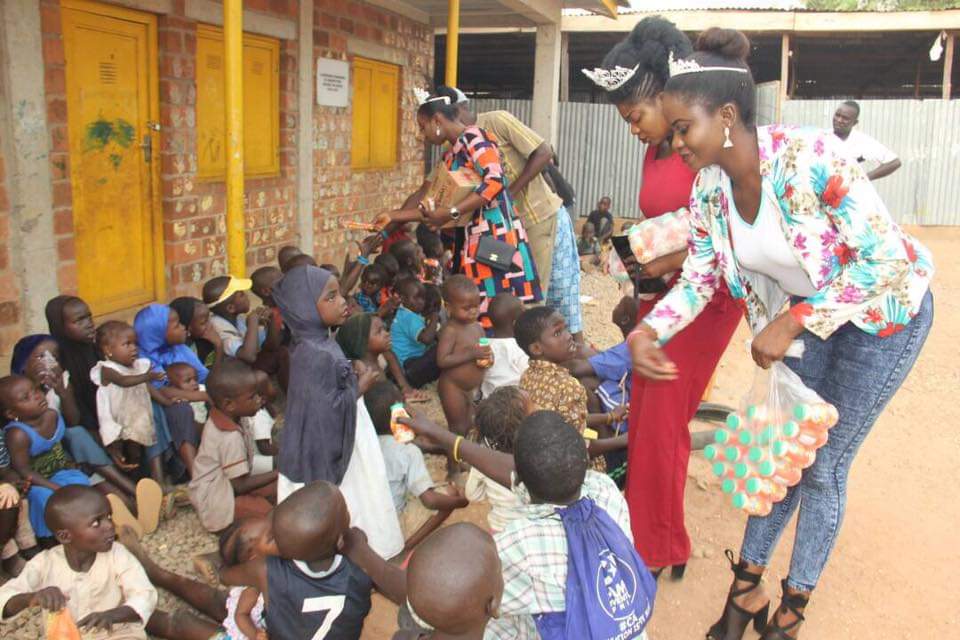ABUBAKAR YUNUS Abuja
The Federal Government has been advised to stop the “blanket” relocation of Internally Displaced Persons (IDPs) to their rebuilt homes in Borno and neighbouring states when terrorist attacks are still rife in such areas for the 2023 general elections.
The advice was contained in a report titled “2023 Elections: Potential Flashpoints in the Northeast” produced by influential policy think-tank, Nextier, which has been analysing the potential flashpoints and mitigation measures across the most vulnerable geopolitical zones in the last five weeks.
Researchers who worked on the reports include Dr. Iro Aghedo, an Associate Consultant at Nextier SPD and a Senior Lecturer in the Department of Political Science at the University of Benin; as well as Dr. Ndubuisi Nwokolo, a Partner and Chief Executive at Nextier SPD and an Honorary Fellow School of Government and Society, University of Birmingham, UK.
The reports had drawn the attention of the security apparatuses, the Independent National Electoral Commission (INEC), international observers and other stakeholders to the potential threats and foreground Early Warning Action/mechanisms, in respect of the forthcoming polls, and which remain significant.
Other recommendations of Nextier’s report include: Government should prioritise the protection of violent flashpoints; the government and its apparatuses of state protection should take early warnings such as those given by Nextier SPD and intelligence services more seriously; Nigerian government should do everything within the law to end terrorist violence, possibly seeking external support.
While making the case for Borno residents to be kept safer as election processes go on to next year, Nextier noted that “between May 2011 and February 2021, over 76,000 deaths were reported by the press and tracked by the Nigeria Security Tracker. Borno State has remained the worst-hit state.
“Since May 2021, eight Internally Displaced Persons (IDPs) camps have been shut in the state, and many more are planned to be disbanded later in 2022. This has forcibly removed over 140,000 persons from the camps.
“The shutting of IDP camps when their communities remain unsafe contravenes the African Union Convention for the Protection and Assistance of IDP in Africa (“Kampala Convention”), which builds on the 1998 UN Guiding Principles on Enforced Displacement that Nigeria signed.”
It further declared that attacks on innocent civilians continue unabated across the North-East, as exemplified by the attacks in Chibok, Borno State in May 2022, in which seven persons were killed.
“The trend of violent attacks and inadequate arrests and prosecution of culprits show that the security agencies have not risen to the systematic threats to the forthcoming 2023 elections”, Nextier emphasised.
The researchers further noted that the Northeast is plagued not just by terrorism alone but by other low-intensity violent conflicts such as farmer-herder clashes, banditry, extra-judicial killings, and domestic violence. In addition, many violent non-state actors threaten to disrupt the conduct of the 2023 elections in the areas.
“This is not a mere threat because, in 2015, Boko Haram threatened and executed attacks on two polling stations in Gombe State, killing five voters”, they recalled and also quoted a local resident to have said that .A resident in Bama in Borno State said that “if the cases of violent attacks continue, I will not go out to vote. Why should I go and risk my life because of the election?”
With most flashpoints remaining in Borno State towns like Bama, Kalka/Balge, Dikwagubio and Biu, as well as in Gassol, Donga and Takum, which are in Taraba State, the Nextier report concluded that while Governor Babagana Zulum of Borno State is massively pro-people and demonstrated credible leadership and governance in recent years the disbandment of IDP camps in the State should be done with utmost caution not to return IDPs to vulnerable areas of active terrorism.
Besides, “seeking a permanent solution to terrorism: Boko Haram terrorism has raged for over 12 years. It is scandalous that a rebel organisation can hold an independent state to ransom for this long without an effective repressive strategy.
“Thus, the Nigerian government should do everything within the law to end terrorist violence, possibly seeking external support”, it added.


























